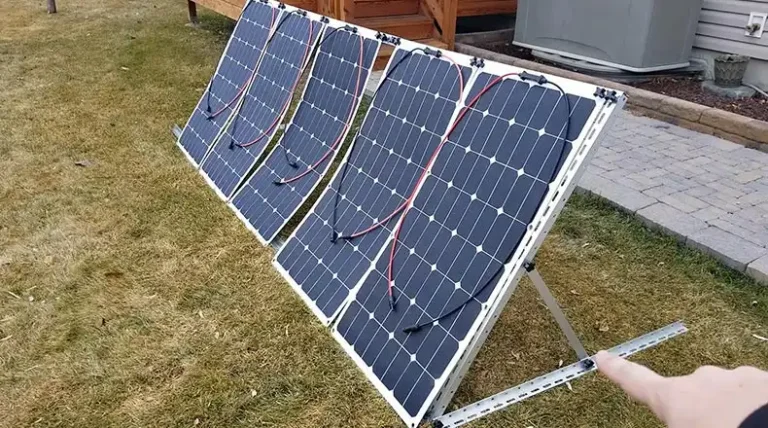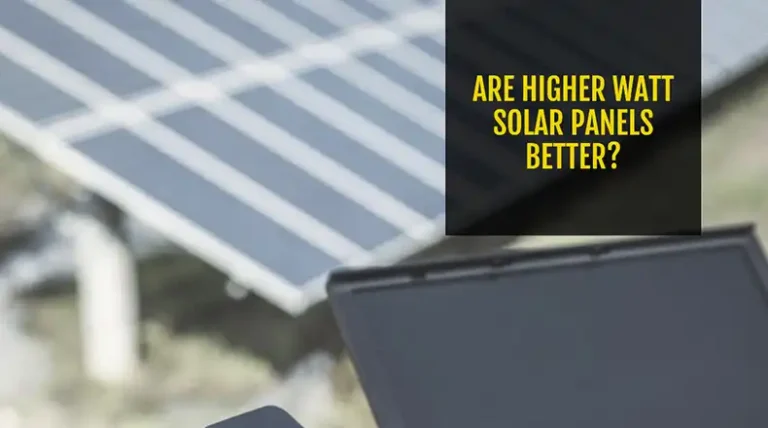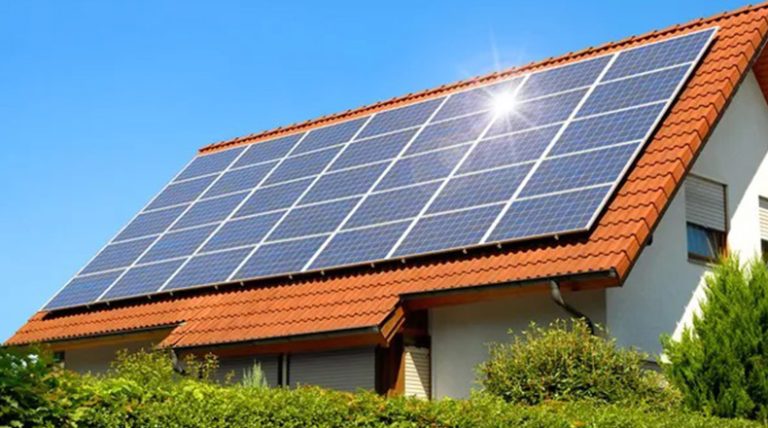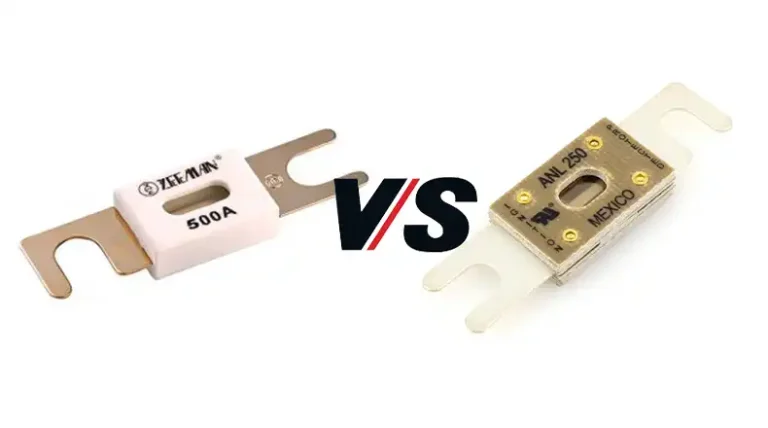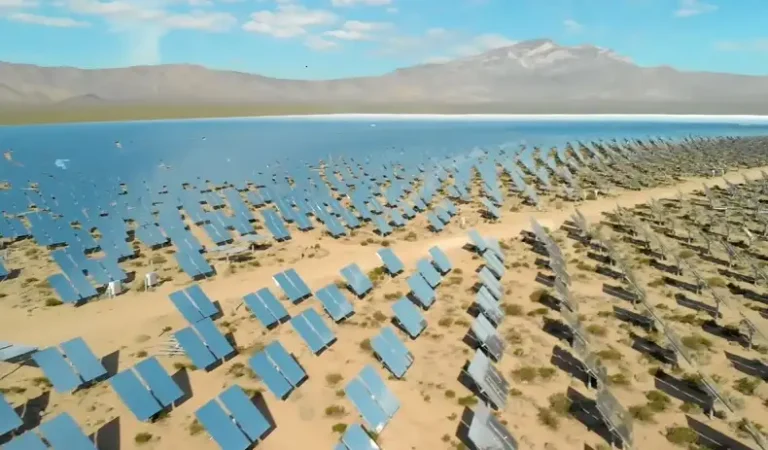How to Pick the Right Solar Panel for Your Home? 10 Considerable Facts to Follow
Solar energy has become popular as a sustainable and green energy source. Installing solar panels on your roof will not only enable you to utilize the unused space on your roof, but it will also reduce your carbon footprint. Also, don’t forget that you get to save a ton on your electricity bills in the long run. However, with a wide range of solar panels in the market, choosing the right one for your home can be daunting.
Read on to find out how to pick the right solar panel for your home to meet your energy needs without a hitch.
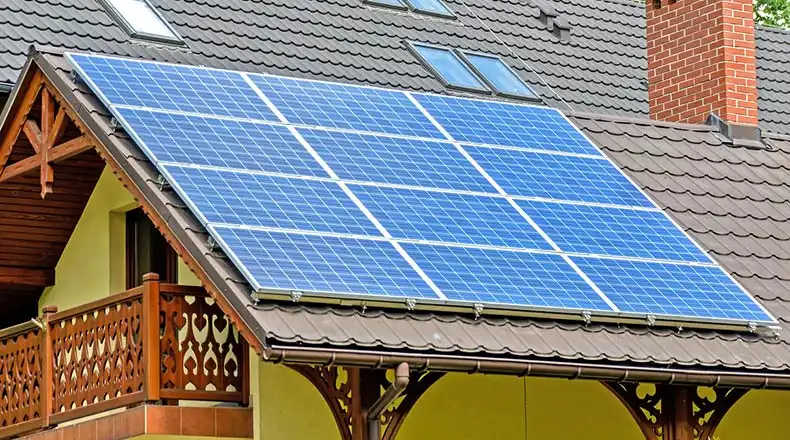
How Can You Pick the Right Solar Panel for Your Home
A successful purchase is always the one that meets your needs. therefore, to pick the right solar panel, you first need to assess what is your average energy consumption and what kind of space you have available to install solar panels. There are other minute details too that you should worry about. Let’s dive in.
1. Assess Your Energy Needs
Choosing the right solar panel for your home starts with evaluating your energy needs. So, start by calculating your home’s total energy consumption per month, from which you can make out your daily need. The easiest way to do it is to examine your utility bills to determine your kWh (kilowatt-hours) monthly usage. This information will give you an idea of how many solar panels you may need to meet your energy requirements.
2. Consider Available Roof Space
It’s a no-brainer that the more solar panels you install, the more electricity you can produce. However, more panels need larger space to install. Therefore, after you’ve estimated your energy needs, it’s important to assess the available roof space for solar panel installation. Solar panels are typically installed on rooftops, so it’s important to ensure you have enough space to accommodate the panels. Factors such as roof orientation, shading, and obstructions like chimneys or vents can affect the suitability of your roof for solar installation.
3. Research Panel Types
Solar panels come in various types. Some are more efficient than others while some are flexible. For example, monocrystalline panels are known for their high efficiency and sleek appearance but they are somewhat expensive. Polycrystalline panels are cost-effective and perform well in lower light conditions. Thin-film panels are flexible and lightweight which makes them suitable for certain installations. Research each type and consider which one aligns best with your needs and budget.
4. Evaluate Panel Efficiency
Not all panels are created equal. Higher-efficiency panels can generate more electricity from the same amount of sunlight. This allows you to maximize your energy production. Especially if you have a limited roof space, you might need to invest in high-efficiency panels to meet your energy needs. Also, if you want to preserve your roof space for some other projects, consider investing in high-efficiency panels.
5. Check Warranties and Certifications
Solar panels are meant to last for more than 20 years. And it takes usually 10 years or more before they pay for themselves in electricity bills. Therefore, to reap the full benefits of solar panels, you need to ensure that they last a very long time. So, look for solar panels that come with reliable warranties. A solid warranty ensures that you are protected against any manufacturing defects or performance issues over the lifespan of the panels. Additionally, check for certifications such as the International Electrotechnical Commission (IEC) certification, which ensures the panels meet international standards for safety and performance.
6. Compare Prices and Return on Investment (ROI)
Another important thing that many forget is to get quotes from multiple providers. Doing this is the only way to make sure that you are getting the right price as well as the after-sale services that meet your requirements. Keep in mind that the cheapest option may not always be the most cost-effective in the long run. Consider the return on investment or ROI. You can do so by calculating the payback period and evaluating the estimated lifespan of the panels.
7. Read Reviews and Seek Expert Advice
Solar panels are already very popular in various states in the US. Therefore, if you search around, you’ll find plenty of family and friends who already have made their move to solar power. Make sure to consult with them to find out what worked for them and what didn’t. Additionally, consulting with solar energy professionals can help you understand the technical aspects and guide you toward the right choice.
8. Consider Additional Features
Although not all, some solar panels these days come with some additional features that can come in handy to you. For example, a built-in micro inverter or integrated optimizer, which can increase the price slightly, may actually save a lot in the long run. Alternatively, make sure that you don’t pay extra for some fancy additional feature that you’ll never need.
9. Evaluate Installation and Maintenance
If we are not talking about DIY solar panels, installing regular solar panels needs professional installation. Add to that the regular maintenance needs and you get some significant costs. So, evaluate installation charges as well as professional maintenance necessities. The good news, however, is that you can do most of the maintenance yourself.
10. Local Regulations and Incentives
Research local regulations and incentives related to solar panel installations in your area. Certain regions offer financial incentives, tax credits, or rebates for installing solar panels. Familiarize yourself with these opportunities to maximize your savings and make the most of your investment.
Frequently Asked Questions and Answers (FAQs)
How do I calculate what size solar panel I need?
To determine the size of your solar system, divide your daily kWh energy requirement by the peak sun hours to find the kW output. Then divide the kW output by your panel’s efficiency to estimate the number of solar panels you’ll need.
Are higher-watt solar panels better?
While higher-watt solar panels offer more efficiency and can produce more electricity for smaller required spaces, they often require more maintenance to sustain optimal performance.
Final Thoughts
Choosing the right solar panel for your home or commercial space for that matter, requires careful consideration. So, make as accurate estimates as you can, of your energy needs, available space, budget, and other financial benefits in the form of incentives. Investing in solar panels not only benefits you financially but also contributes to a sustainable future. So, take the time to assess your options and select the solar panel system that will power your home efficiently for years to come.


